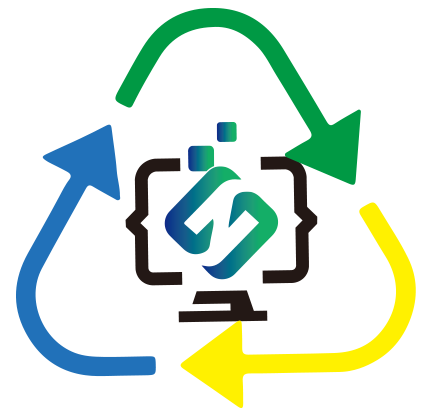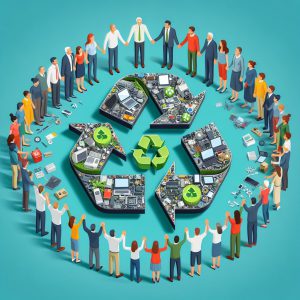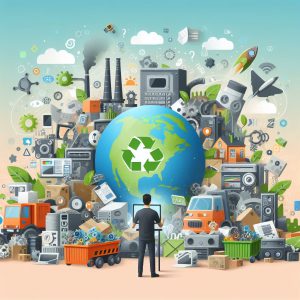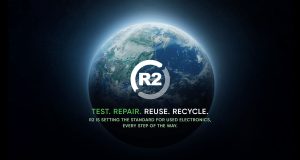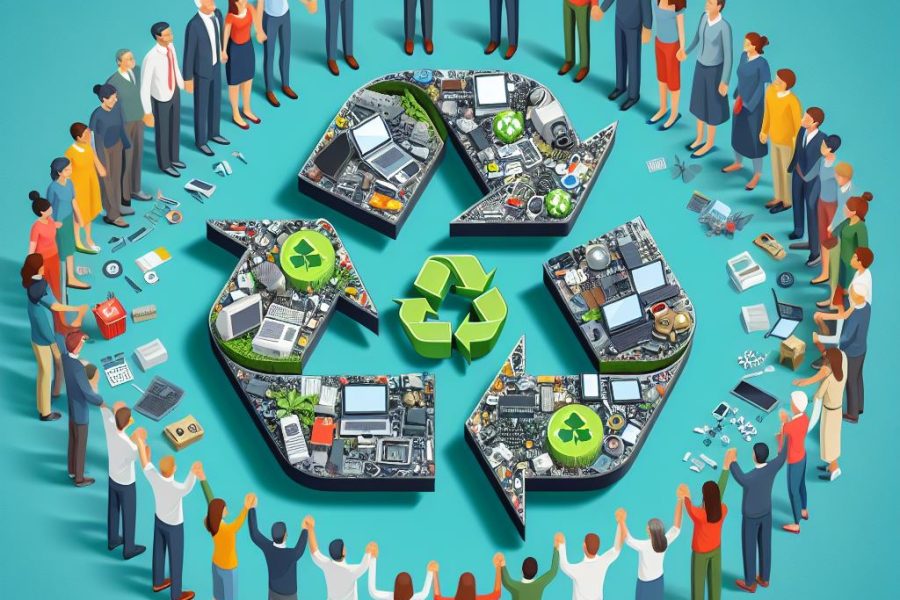The Rise of Electronic Devices
In today’s digital age, electronic devices have become an integral part of our daily lives. From smartphones to laptops, televisions to kitchen appliances, we rely heavily on electronics for communication, entertainment, and productivity.
Understanding E-Waste: Environmental and Health Risks
However, with rapid technological advancements comes a pressing issue: electronic waste, or e-waste. The disposal of old and obsolete electronic devices poses significant environmental and health risks if not managed properly. This underscores the importance of e-waste recycling as a crucial step towards sustainability and resource conservation.
The Importance of E-Waste Recycling
E-waste comprises a diverse range of electronic products that have reached the end of their lifecycle or are no longer in use. These devices often contain hazardous materials such as lead, mercury, cadmium, and brominated flame retardants, which can leach into the environment if not handled correctly.
Environmental Impact Mitigation Through Recycling
One of the primary reasons why e-waste recycling is essential is its potential to mitigate environmental pollution. By recycling electronic devices, we can recover valuable materials like metals, plastics, and glass, which can be reused in the manufacturing of new products. This reduces the demand for virgin resources, minimizes energy consumption, and lowers greenhouse gas emissions associated with the extraction and processing of raw materials.
Conservation of Finite Resources
Furthermore, e-waste recycling plays a vital role in conserving finite resources. Electronic devices contain precious metals such as gold, silver, copper, and platinum, which are finite and non-renewable. By recycling e-waste, we can recover these valuable materials and reintroduce them into the production cycle, reducing the need for mining and extraction.
Promoting the Circular Economy
Moreover, e-waste recycling promotes the circular economy model, wherein products and materials are reused, remanufactured, or recycled to extend their lifespan and minimize waste generation. By closing the loop on electronic products, we can create a sustainable system where resources are continuously circulated within the economy, reducing the strain on natural ecosystems and minimizing the environmental footprint of consumer electronics.
Stakeholder Engagement for Effective Recycling
To maximize the effectiveness of e-waste recycling, concerted efforts are needed from various stakeholders, including governments, manufacturers, consumers, and recycling facilities. Governments can implement policies and regulations to promote responsible e-waste management, such as extended producer responsibility (EPR) schemes, mandatory recycling targets, and incentives for eco-design and product stewardship.
Committing to a Sustainable Future
In conclusion, e-waste recycling is not just a matter of environmental stewardship; it is a necessity for safeguarding our planet and conserving valuable resources for future generations. By embracing sustainable practices and adopting a circular economy mindset, we can minimize the environmental impact of electronic devices and create a more resilient and resource-efficient society. Together, let us commit to responsible e-waste management and pave the way towards a greener and more sustainable future.
